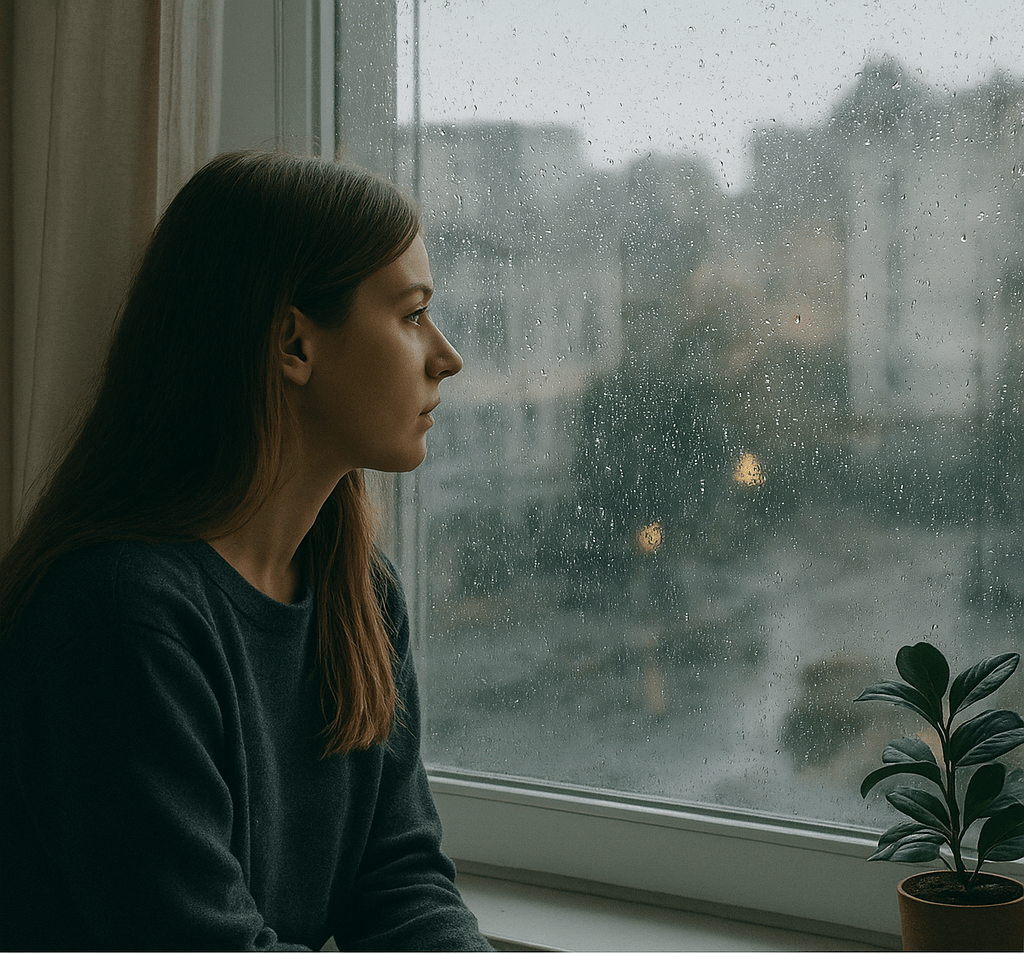
When the Rain Won’t Stop: How Vancouver’s Grey Season Impacts Your Mood (and What You Can Do About It)
The Grey Season in Vancouver: More Than Just Rain
Vancouver’s winters are famously long and wet. From November through February, grey skies dominate, days are short, and the rain seems endless. For many, this seasonal shift isn’t just inconvenient—it impacts mental health, energy levels, and overall wellbeing.
If you find yourself feeling low, fatigued, or emotionally drained as the rain pours, you may be experiencing Seasonal Affective Disorder (SAD)—a type of depression that occurs during the darker months.
What is Seasonal Affective Disorder (SAD)?
SAD is a form of depression triggered by seasonal changes, most often during fall and winter. Symptoms can include:
-
Persistent low mood or irritability
-
Low energy or chronic fatigue
-
Difficulty concentrating
-
Changes in sleep or appetite
-
Social withdrawal
In Vancouver, where daylight can drop to just 8 hours or less in winter, SAD is a common challenge. Learn more about winter depression and its signs.
Why Vancouver Winters Can Drain Your Mood
Several factors make our city particularly susceptible to winter depression:
-
Reduced sunlight: Less exposure to natural light can disrupt your circadian rhythm and lower serotonin levels. Learn about light therapy.
-
Long stretches of rain: The constant grey skies and drizzle can create a sense of monotony or emotional heaviness.
-
Cold, dark mornings: Difficulty getting out of bed can trigger feelings of low motivation and fatigue.
How to Manage SAD and Winter Burnout
Even during Vancouver’s gloomiest months, there are effective strategies to protect your mental health:
1. Light therapy
Special lamps mimic sunlight and can help regulate mood. Using a SAD light box for 20–30 minutes daily can make a noticeable difference.
2. Online counselling for SAD
Working with a Vancouver counsellor experienced in SAD therapy can provide personalized coping strategies, cognitive behavioral therapy (CBT) techniques, and emotional support—all from the comfort of your home.
3. Stay active
Regular movement, even indoor exercise, boosts endorphins and helps counteract low energy. Check out Exercise and Mental Health.
4. Social connection
Isolation can worsen SAD. Schedule regular chats, walks, or online group sessions to stay connected. Mindfulness and support groups can be helpful.
5. Prioritize self-care
Nutrition, sleep hygiene, mindfulness, and journaling can all help stabilize mood during the dark months. Learn self-care strategies for winter.
When to Seek Help
If your low mood persists for weeks, interferes with work, relationships, or daily life, it’s time to reach out. SAD therapy in BC and online counselling for SAD can provide strategies to regain energy and lift your mood—even on the rainiest Vancouver days.
You don’t have to wait for the sun to feel better. Connect with a local Vancouver counsellor today and take the first step toward brighter days.

